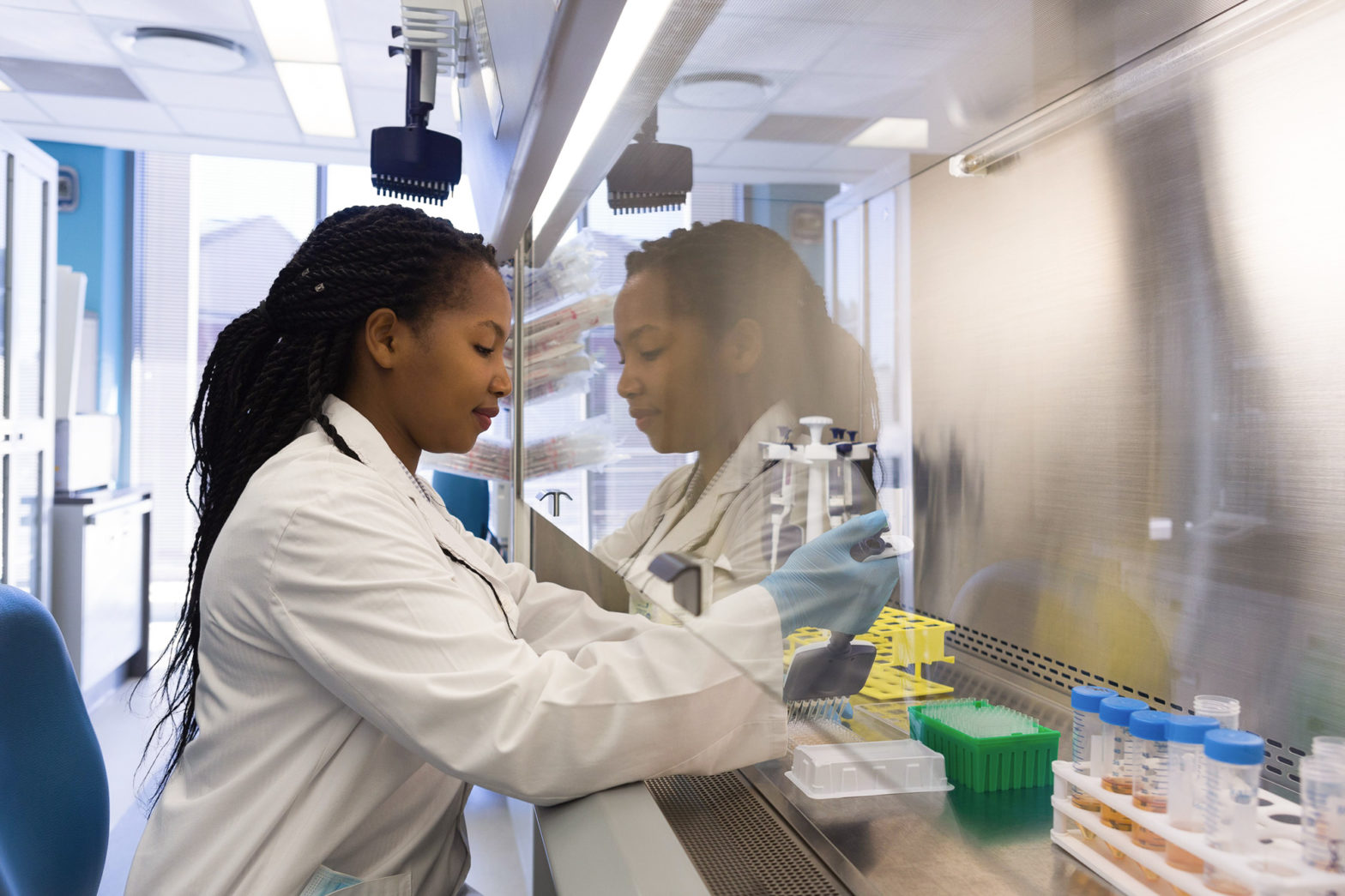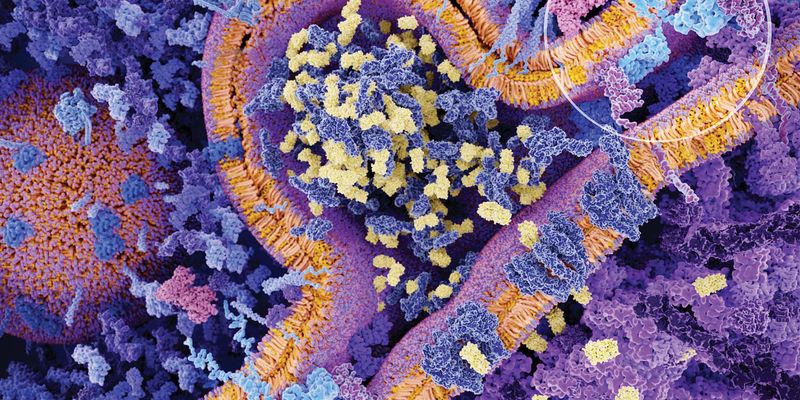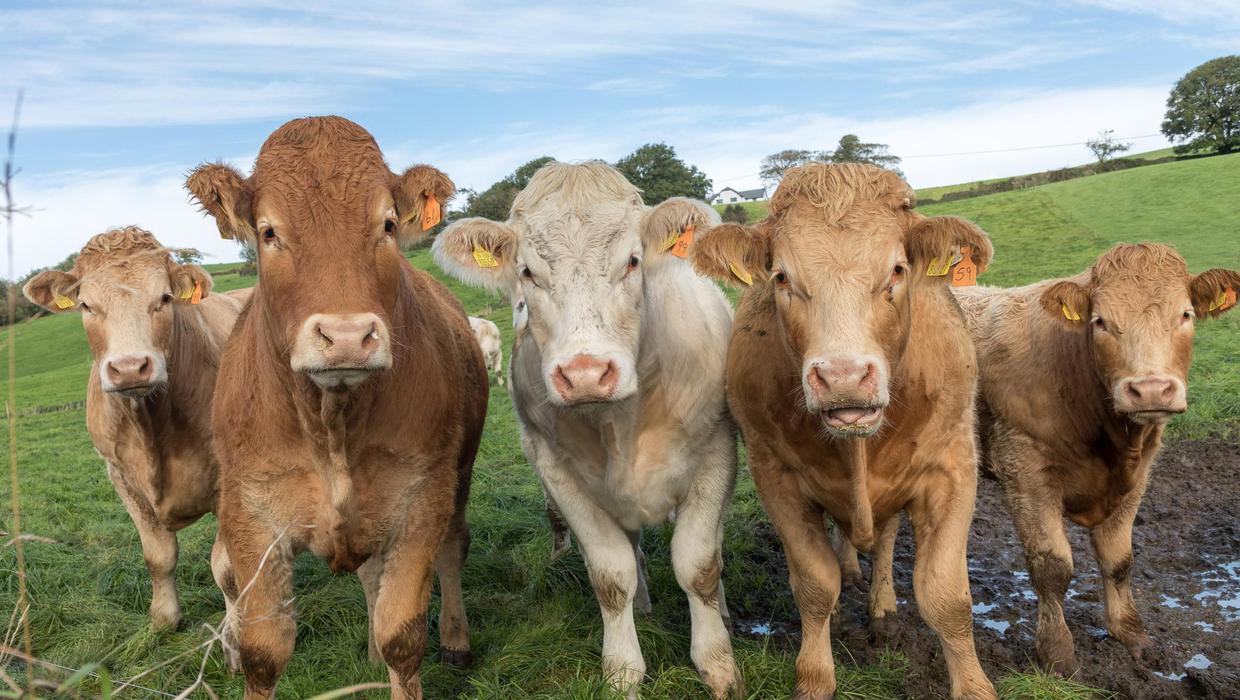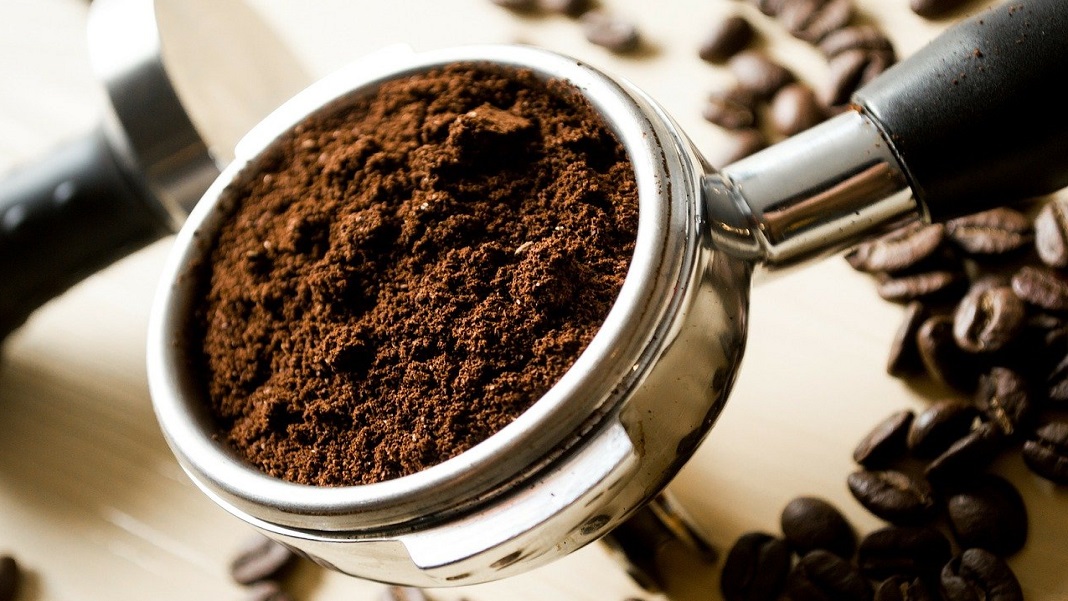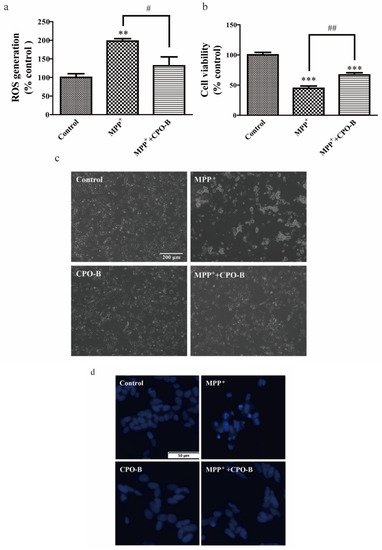Current challenge Growing skeletal muscle and fat tissue in isolation may be an inappropriate oversimplification of the process of muscle tissue growth in vitro. Therefore, some of the challenges associated with cultivated meat production may arise from the lack of support cells from the growth environment. For example, as cells consume nutrients, lactic acid accumulates…
Category: Synthetic Meat
Maximizing Savings with Benchtop Bioreactors
Bioreactors are essential tools for the food and pharmaceutical industries. They are used in fermentation, to produce alcohol, and convert raw materials like corn into useful by-products such as ethanol by food manufacturers. Biopharmaceutical companies also exploit bioreactors for production of biologics, vaccines, and antibodies. The main advantage of using bioreactors is scalable manufacturing. Commercially…
LET THEM EAT FAKE – Synthetarian
Submitted by Hardscrabble Farmer Bill Gates Wants Us to Eat 100% Synthetic Beef. He Has a Point. Bill Gates suggests synthetic beef like Beyond Meat is a key part of climate action. Lab-grown meat still has extremely high costs, but taste-wise, it has passed muster. Gates pushes meat alternatives because of meat’s high cost in…
For farmers, it may be time to think insects, pea milk and lab-grown meat
Don’t tell anyone, but I’m a beef farmer’s daughter who no longer eats meat. But far from feeling a smug sense of satisfaction about playing my part to help save the planet, it’s left me wondering about what’s going to become of a sector that’s been a visible part of the fabric of Irish life…
Food safety considerations and research priorities for the cultured meat and seafood industry
4.1 Manufacturing process safety Cell-cultured meat and seafood safety depends on a manufacturing process designed with product safety in mind and an assessment of the final product. This section describes practices and protocols from related fields that can be translated to the cell-cultured manufacturing context as part of creating safe, consistent, high-quality products. 4.1.1 Good…
Virginia Tech researchers among team awarded $10M from USDA to bring cultivated meat closer to dinner plates
Though the private cellular agriculture industry has made strides in recent years, including the launch of the world’s first commercially available cultured meat product in Singapore in 2020, this funding in public research comes at a time when several factors stifle significant production scale-up: the high cost of production, incomplete knowledge of consumer preferences, and…
Scientists Are on a Quest to Create the Perfect Cup of Coffee—Without the Beans
Ahh, coffee. Is there anything more delicious, more satisfying? It’s always there when you need it, be it first thing in the morning or for a mid-afternoon pick-me-up. According to the Sustainable Coffee Challenge, global consumption of this vital brew is around 600 billion cups per year (I know—I would have guessed higher, too). But…
LET THEM EAT FAKE
Submitted by Hardscrabble Farmer Bill Gates Wants Us to Eat 100% Synthetic Beef. He Has a Point. Bill Gates suggests synthetic beef like Beyond Meat is a key part of climate action. Lab-grown meat still has extremely high costs, but taste-wise, it has passed muster. Gates pushes meat alternatives because of meat’s high cost in…
Free shipping nationwide Small/Keepsake 2 Cubic Inch Gray Tuscany Cultured Marble Cremation Urn for Ashes catalog sale
Free shipping nationwide Small/Keepsake 2 Cubic Inch Gray Tuscany Cultured Marble Cremation Urn for Ashes catalog sale Source
Neuroprotective Effects of B-Type Cinnamon Procyanidin Oligomers on MPP+-Induced Apoptosis in a Cell Culture Model of Parkinson’s Disease
Cinnamon procyanidin oligomers (CPOs) are water-soluble components extracted from cinnamon. This study aims to explore the neuroprotection of B-type CPO (CPO-B) against 1-methyl-4-phenylpyridinium (MPP+)-mediated cytotoxicity and the molecular mechanisms underlying its protection. The results demonstrated that CPO-B showed protection by increasing cell viability, attenuating an intracellular level of reactive oxygen species, downregulating cleaved caspase-3 expression,…
